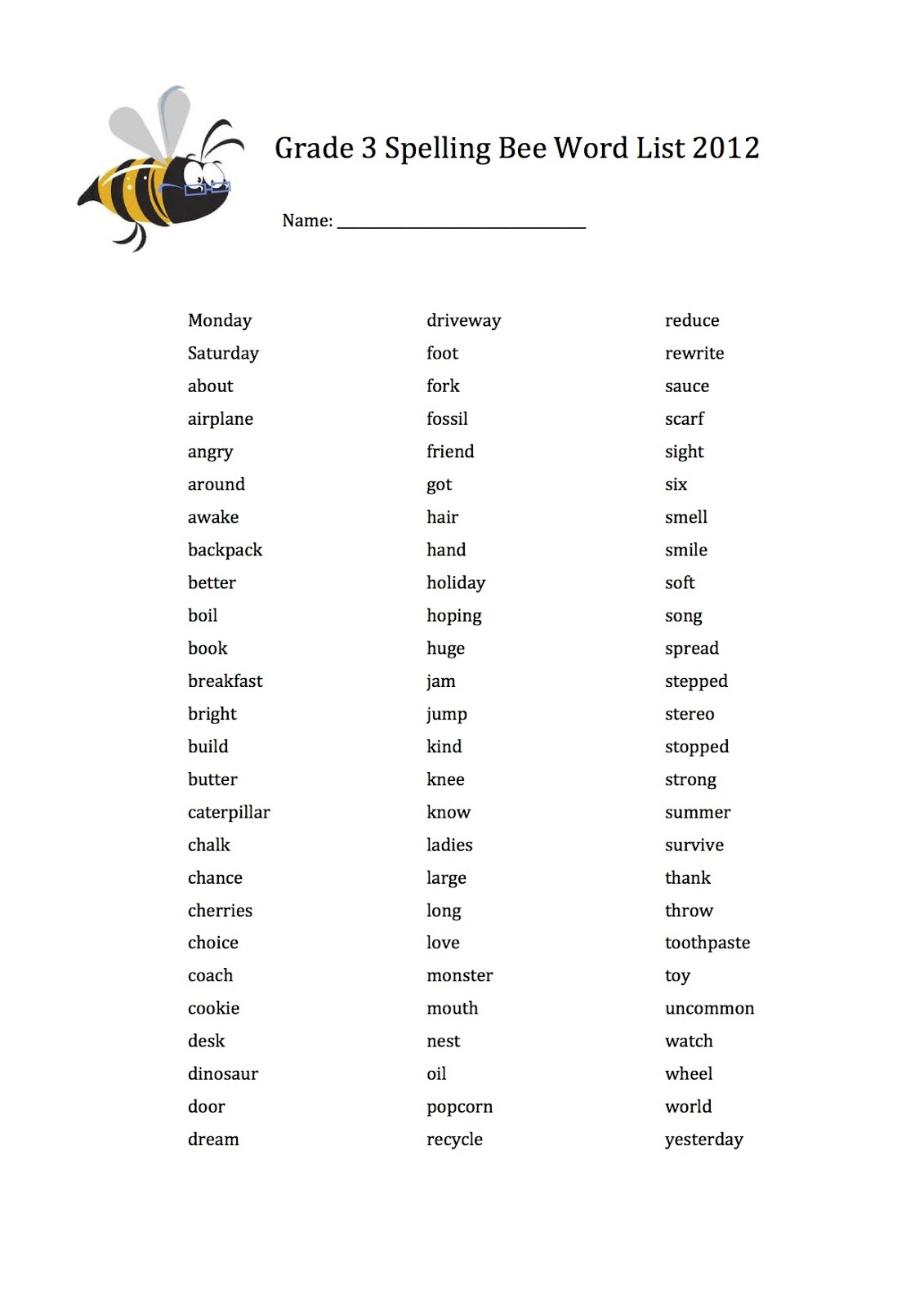

#IPAINT SEATTLE MARTY SMITH SERIES#
The least important contributors to the current BBC-CNN series on the Cold War were historians, if I may judge from the one program I saw before leaving the States for some European research and teaching, and other evidence I have since been given.ESPN's Marty Smith has earned a fast reputation as one of the network's most beloved reporters.ĭon’t bother asking Marty Smith how the hell he landed the most enviable job in sports.ĭon’t bother asking how the child of a cattle farmer from Pearisburg, Va. Most important were the commercials disregarding them was difficult. But, even as I concede their necessity in the States, they were in this case used by the distributors (who, as I understand it, are also originally responsible for the production) in such a number, and such a way, to break up what continuity Episode One, Comrades, 1917-1945, had. Actually, the choice by the television producers to attempt to cover such an extensive period doomed this first program inevitably to appear as a number of discontinuous episodes none of history's seamless web for their viewers. A fellow watcher, no historian, a person with but a modest background in European history, could make nothing of it after the viewing. In any event, the first program's tried and true ("cornball," is perhaps the juste mot) format, a jumble of talking heads and actuality footage, offered nothing much new. As history, it contained much would be fact and analysis that is downright incorrect. I say the historians were evidently dispensable for a number of reasons, and not only because they were not relied upon to comment on the action during the program. Indeed, "historians," well managed by a journalist, did appear in a subsequent, conjoined hour of talking heads.


Their appearances came along with episodes of television production, vignettes about events beyond 1945. The latter were perhaps meant as teasers or to serve the useful exploitation of completed production segments that could not be fitted into the final cuts of the programs. Yet even the "historians" used for the first episode of talking heads were not historians at all (if a Ph.D. in history and a job teaching the subject be regarded as the usual definition of the title, "historian," these days).
#IPAINT SEATTLE MARTY SMITH ARCHIVE#
One "historian" of the three on camera is, I believe, boss of a private archive oddly titled The National Security Archive it being neither governmental (as the title implies in fact its lawyers have spent more than a little time suing the United States government), nor national, nor concerned with security that is, as the latter term is normally used in government. A second "head" has academic credentials from the former Soviet Union. Whatever they are, he never made them clear in the history book he co-authored. The book, bringing in materials from some former Soviet archives, deals mainly deals with Soviet Union's foreign adventurism in the twenty years after 1945. But this Harvard University Press book's writers manifest, en passant, a truly flabbergasting, one might say, Stalinist, indifference to the Europe that is central to their subject (just two, of many examples: they have Poland moved eastward, and not westward, as a result of Stalin's territorial machinations during World War II they misplace the site of the founding of the Cominform by a hundred or so kilometers, and put it in the wrong country). I say "Stalinist" because that murderous bounder shifted peoples and borders about with like indifference. In any case, this "historian" consultant is, or was, employed at the archive which presumably lacks both a geographical reference section and a budget for carfare to the Library of Congress. The third performer is, I believe, a political scientist, but she has actually researched and written from former Soviet and other archives some commendable, tightly argued, historical reports on key events of the Cold War.


 0 kommentar(er)
0 kommentar(er)
